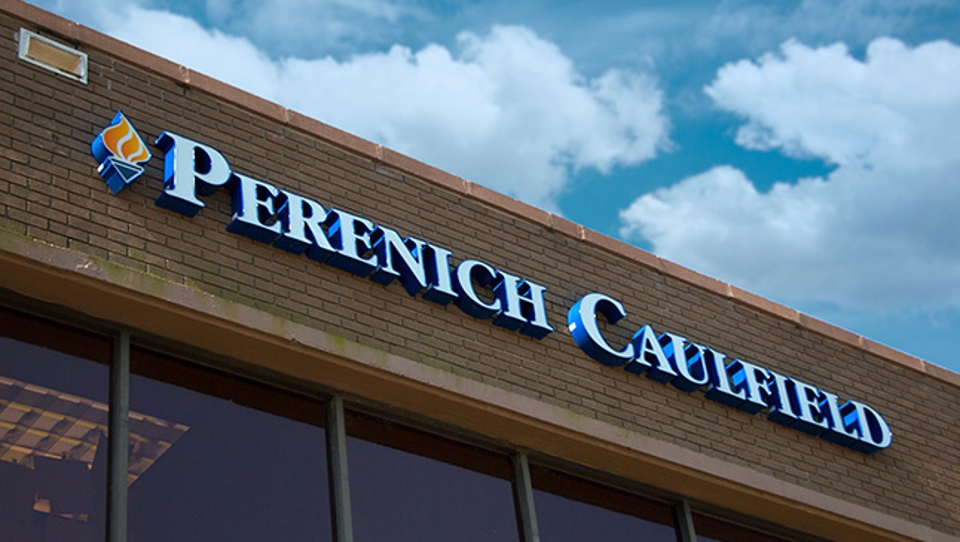You have probably seen the title of esquire (Esq.) follow the names of attorneys. But what is an esquire, and why is the esquire title used for some attorneys but not others?
While it is popular and widely used among legal professionals, “esquire” does not denote a specific legal authority or distinction. Instead, it’s an honorary title traditionally used for licensed attorneys. Here’s what you need to know.
The History Behind the Term Esquire
“Esquire” is a term that has evolved over centuries. The first esquire definition originated in medieval England, where it was used to designate a person of noble birth who was a shield bearer or a squire, a step below knighthood.
Over time, it became a mark of gentleman status, signifying men who held certain official responsibilities like justice of the peace, sheriff, and other high-ranking government positions.
In the United Kingdom, the title was associated with the landed gentry and used for men with higher social ranks positioned between a gentleman and a knight. By the mid-19th and early 20th centuries, the title became more commonly used as a courtesy, often appearing in correspondence between legal professionals.
The legal ties continued as it started to be used in the United States as a title for licensed attorneys, commonly placed after their name to indicate their professional status.
Who Can Use the Esquire Title?
Not every legal professional can use the esquire title.
The title is commonly associated with practicing lawyers, and these lawyers must meet these criteria in order to use it:
- Completed law school and obtained a juris doctor (J.D.) degree
- Passed the state bar exam and have been admitted to the state bar association
- Licensed to practice law within a specific jurisdiction
Unlike the J.D. abbreviation for a lawyer for a lawyer, which simply indicates that they completed law school, Esq. signifies that they are actively licensed to practice law.
When Should Esquire Be Used?
Esquire is most commonly used in formal written communication rather than in speech.
For example, you might see it in these contexts:
- In a legal document or professional correspondence
- On an attorney’s business card, letterhead, or signature
- Professional emails and letters
- Court filings and official paperwork
- When addressing an attorney in a professional context
Usually, attorneys do not refer to themselves as “esquire” in speech or introduce themselves with the title.
What Does Esquire Mean Compared to Juris Doctor?
Many people find distinguishing between esquire and juris doctor confusing since both titles refer to attorneys.
There is a key difference between the two to keep in mind:
- Juris Doctor: Earned when a lawyer graduates school but does not grant them the right to practice law
- Esquire: Indicates a licensed attorney who has passed the bar exam and can practice law in their jurisdiction
This means a law school graduate with a juris doctor degree who has not yet passed the bar exam cannot legally use the title esquire, but a practicing attorney can use the J.D designation.
Can a Retired Lawyer Use Esquire?
Although there is no rule that states a retired esquire attorney cannot use the title as an acknowledgment of their prior professional standing, they generally should not use it if it is implied they are still actively practicing law.
The Role of Esquire In the Legal Field
While the title has a rich history full of different usages, esquire is now commonly used as an honorary designation for active and licensed attorneys. It doesn’t hold legal authority, but the title is still respected in professional settings.
For those who need legal assistance, understanding how to define esquire and the basics of what it means in the field can help them ensure they are dealing with a qualified, practicing attorney who is licensed to provide the legal services they require. Schedule a free consultation to learn how a personal injury lawyer can help with your case.
Contact the Pinellas County Personal Injury Law Firm Of Perenich, Caulfield, Avril & Noyes Personal Injury Lawyers for Help
For more information, please contact the Clearwater and St. Petersburg personal injury law firm of Perenich, Caulfield, Avril & Noyes Personal Injury Lawyers at the nearest location to schedule a free consultation today.
We serve Pinellas County and its surrounding areas:
Perenich, Caulfield, Avril & Noyes Personal Injury Lawyers – Clearwater
1875 N Belcher Rd. STE 201,
Clearwater, FL 33765
(727) 591-3354
Perenich, Caulfield, Avril & Noyes Personal Injury Lawyers – St. Petersburg
2560 1st Ave S,
St. Petersburg, FL 33712
(727) 591-3354
The post What Does Esquire Mean? appeared first on Perenich, Caulfield, Avril & Noyes Personal Injury Lawyers.






